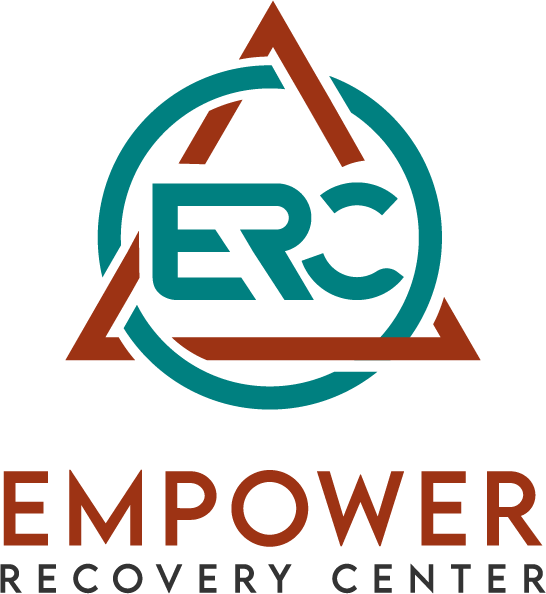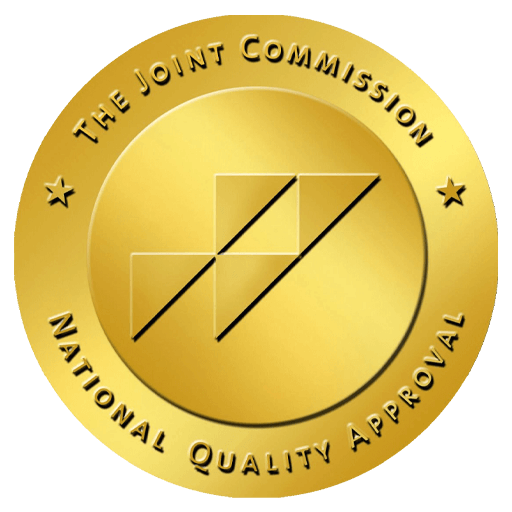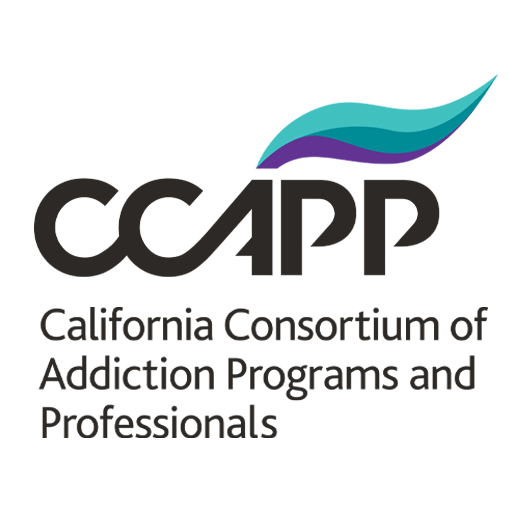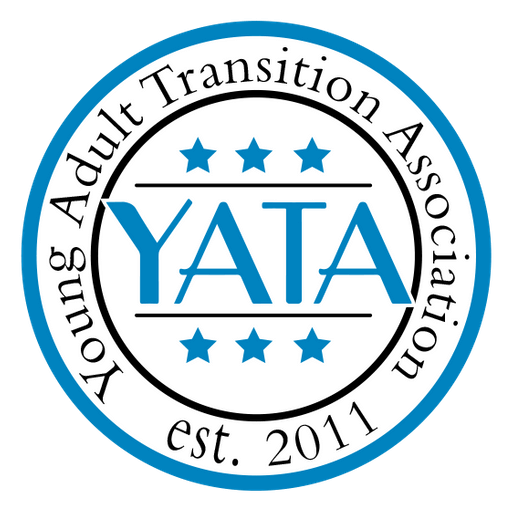What Is Failure to Launch?
Failure to launch is a modern dilemma where young adults struggle to transition into independent adulthood. This phenomenon, commonly affecting those in their 20s and even 30s, can manifest through dependency on parental support and an inability to engage in adulthood’s typical responsibilities. Various factors contribute to this, including economic challenges, mental health issues, and societal expectations.
At Empower Recovery Center, we encounter numerous cases where failure to launch treatment programs play a crucial role in addressing these issues. These programs provide structured support to help individuals overcome barriers to independence, focusing on personal development and mental wellbeing.
Treatment Approaches and Methodologies in Failure to Launch Programs
At Empower Recovery Center, our failure to launch treatment programs utilize a multi-faceted approach to foster growth. A combination of psychological counseling, life skills training, and career coaching is often employed to achieve the desired outcomes for each individual. Addressing mental health concerns such as anxiety and depression is paramount, given their frequent coexistence with failure to launch scenarios.
Our mental health professionals employ evidence-based methods, such as Cognitive Behavioral Therapy (CBT) and Dialectical Behavior Therapy (DBT), to address underlying psychological barriers. Additionally, family involvement is emphasized to create a supportive external environment. Parents and guardians are educated on fostering independence without enabling dependency.
Professionals in our center also guide participants through real-life applications of independent living skills. This includes financial planning, job searching, and social interaction strategies. Engaging in volunteer work and internships often forms a critical part of this experiential learning, helping clients to build confidence and practical skills.
The Role of Family in Supporting Transition
Family dynamics significantly impact the effectiveness of failure to launch treatment programs. At Empower Recovery Center, we recognize the dual role families play in either hindering or aiding the transition to independence. Families are often involved in the treatment process to recalibrate relationships and redefine boundaries.
Through dedicated workshops, families learn about setting realistic expectations and healthy communication techniques. Balancing support without fostering reliance is a delicate endeavor. We often use role-playing and scenarios to help families practice their new approaches.
Moreover, our programs encourage families to provide a nurturing but challenging environment post-treatment. Open dialogues about progress and setbacks are recommended to maintain a constructive relationship that fosters ongoing independence.
Family sessions also provide a space for airing grievances and addressing long-standing conflicts within a guided therapeutic environment. This often leads to breakthroughs that allow for healthier future interactions and mutual respect.
Long-Term Benefits of Failure to Launch Treatment Programs
Graduates from our failure to launch treatment programs often report experiencing increased confidence and autonomy. Equipped with skills and strategies, many transition into full-time employment or pursue higher education goals. The success stories are numerous and diverse, ranging from individuals starting their entrepreneurial ventures to those finding meaningful roles in corporate settings.
Anecdotally, one former participant established a non-profit organization helping others facing similar challenges. This transformation from dependency to empowerment exemplifies the potential impact of comprehensive treatment.
Furthermore, the ripple effect often extends to improved family relationships and a greater sense of community belonging. Many alumni choose to participate in our alumni program, offering their experiences to new participants and fostering a supportive community. By doing so, they not only reinforce their own growth but also contribute to the continuous cycle of giving and receiving support.
Why Choose a Failure to Launch Treatment Program?
Choosing a failure to launch treatment program is a significant step towards independence. These programs offer structured environments that are often unavailable in one’s immediate surroundings. By participating in such programs, individuals receive tailored support that addresses unique challenges.
The Empower Recovery Center offers a holistic approach that combines mental health care with practical life skill training. This comprehensive approach ensures clients are well-prepared to face real-world challenges upon program completion.
Key Benefits Include:
- Access to experienced professionals who offer personalized guidance
- Development of essential life skills that promote independence
- Opportunities for experiential learning through internships and workshops
- Sustained support from a community of peers and mentors
Ultimately, such programs pave the way for a more manageable transition into independent living, enabling individuals to embrace their potential fully.
How Do You Choose the Right Failure to Launch Treatment Program?
Choosing the right program involves considering specific factors aligned with personal needs and goals. Here’s a short guide to help:
- Assess Personal Needs: Understand what areas need improvement–be it mental health support, life skills, or career guidance.
- Research Options: Look for accredited programs that have an established track record of success.
- Evaluate Program Offerings: Compare the methodologies and services offered, ensuring they align with personal priorities.
- Visit the Facility: If possible, visit the program facility to evaluate the environment and meet the staff.
- Discuss with a Professional: Consider consulting with a mental health professional for an informed perspective on the options.
The right choice should offer a blend of supportive services tailored to facilitate a holistic transformation. Each step in this decision-making process contributes to finding the best possible fit for personal growth and future success.








